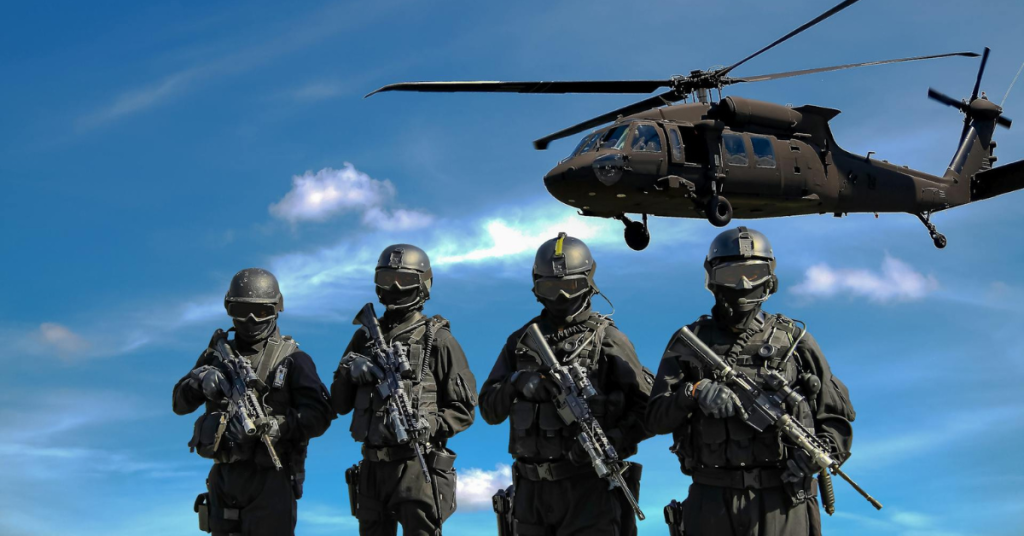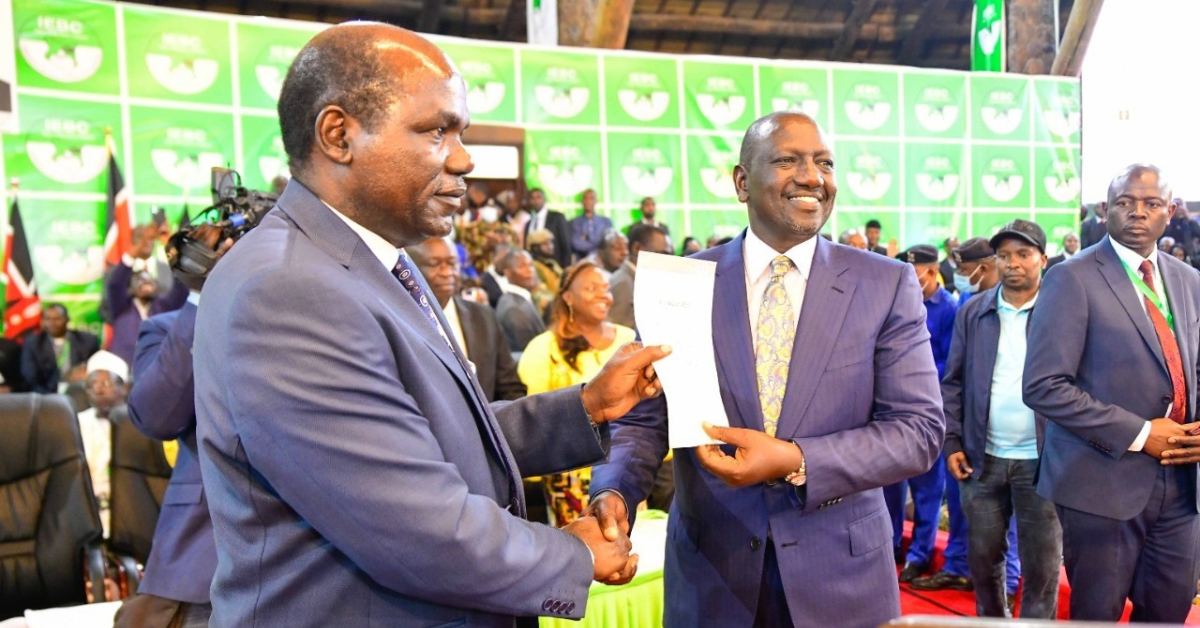As the news of the fallen in the Westgate massacre filtered in, I got more and more agitated. I nearly busted a vein when I learnt that a close friend had lost her only son. He died with his fiancée. They were planning a wedding. Heart-wrenching. Painful beyond comprehension. Many people senselessly killed. Kofi Awanoor too – my favourite African poet. My reaction turned immediately visceral: I wanted to know where the nearest military recruitment centres were so I could volunteer to go to Somalia to fight the Al Shabab. And why not; if they can shoot, we can shoot too. If they can explode bombs, so can we. It is true my knees and muscles may not have the same oomph they had two decades ago, but what the heck, I can at least drive a supplies lorry; help feed the troops; write inspirational poems for the troops – anything to make a stand.
After that initial, intense testosterone-charged reaction, I remembered my mother’s admonition: when angry, think with your lungs (meaning shout, cry, scream, and generally ventilate) but act with your brain. More about this later, for now, I want to talk about using another body organ – the heart.
There were many heart-warming moments that left indelible imprints in our collective memory; moments that stood as fitting counterpoints to the senseless violence. There was the valiant soldier holding a child in one hand and an AK47 in another, whisking off the little angle to safety. There was the brave little girl sprinting across the mall to freedom, and an adult stretching his arms to receive her. There were the spontaneous acts of solidarity and love – the long queues to donate blood; the musicians entertaining the blood donors; and the women handing out food and drinks to the soldiers. There was the spontaneous singing of the national anthem in churches across the country, and the medical staff that volunteered to treat and counsel the injured. These were remarkable acts of togetherness that reminded us who we can be and what we can achieve if only we acted this way a fraction of the time. It also reminded me of what I heard in the immediate aftermath of the JKIA fire outbreak. Many people, including cynical foreigners, were surprised at how quickly we got the airport running normally again. We are, it seems, capable of both astonishing incompetence and stunning efficiency.
As the fog clears and the full impact of this unfortunate tragedy becomes clear, there will be – there must be – serious soul searching. Why was Kenya chosen? There will be obvious answers in search of questions. In the last ten years, our laxity, incompetence and corruption have turned a trickle of illegal arms and people from war-torn Somalia into a flood. By some estimates, there are a million (and counting) illegal foreigners, most of them from Somalia. How many of these are members of Al Shabab? How many are their sympathisers and financiers? Your guess is as good as mine.
The terrorists must have also calculated that Kenya – with its large expatriate community, world media presence and good communication networks – was an ideal place to make a global statement. Unfortunately for them, they may have just succeeded in strengthening the resolve of the international community in their fight against terrorism.
I was happy to hear that they – Al Shabab – did not wish to negotiate with the government. Negotiate? Negotiate what? No, we cannot negotiate. We should intensify our fight. And we must not just escalate the fight with them in Somalia; we should hunt them wherever they are – globally.
For a start, we must immediately upgrade our intelligence services and model them along the Israel Mossad. Henceforth, our security services must be on a permanent state of alertness. But more than this, we must set up an elite anti-terrorism force with resources and license to enable them neutralise Al Shabab globally. We must declare a hundred-year war on Al Shabab and their associates. Simultaneously, the government – led by the President – must fight corruption and laxity in the public service, especially at our borders among our immigration, security and customs services.
All private security guards – at least those guarding key installations and assets throughout the country– must be armed. I have never heard a sensible argument why they should not be armed.
Finally, the Kenya Defence Forces must remain disciplined and focused on their core mission in Somalia. They must win hearts and minds as they try to pacify that unfortunate country. Reports of misconduct by KDF in Somalia must be investigated and dealt with swiftly.
A stubborn, stupid question remains in my mind: once the terrorists were isolated in one area of the mall, why was it not possible to pump in their direction tons and tons of sleep-inducing gas?


